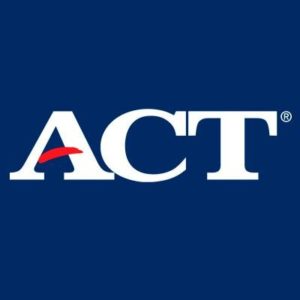Interestingly, as it gets closer to finalizing college lists, students (and parents) are rethinking their college list. They go back an forth around a central concern of “What are the chances of getting in?” That burning question makes this article from Paul Tough in the New York Times, “What if the Sectre to Success is Failure?” all the more timely.
This excerpt captures the essence of what I call “college list fatigue”:
It is a central paradox of contemporary parenting, in fact: we have an acute, almost biological impulse to provide for our children, to give them everything they want and need, to protect them from dangers and discomforts both large and small. And yet we all know — on some level, at least — that what kids need more than anything is a little hardship: some challenge, some deprivation that they can overcome, even if just to prove to themselves that they can. As a parent, you struggle with these thorny questions every day, and if you make the right call even half the time, you’re lucky. But it’s one thing to acknowledge this dilemma in the privacy of your own home; it’s quite another to have it addressed in public, at a school where you send your kids at great expense. . . .“The idea of building grit and building self-control is that you get that through failure,” Randolph explained. “And in most highly academic environments in the United States, no one fails anything.” . . . . Randolph wants his students to succeed, of course — it’s just that he believes that in order to do so, they first need to learn how to fail.
via What if the Secret to Success Is Failure? – NYTimes.com.
With all the angst of trying to pick those colleges where they won’t get rejected, students are missing out on some colleges that could be a great fit. I encourage students to look at a range of colleges in selectivity. Whether the college is a “reach” or not, the college should be a good fit.
In the research on college completion, studies have shown that when students go to a college that is more academically challenging, they are less likely to drop-out. This is counter-intuitive because most people would think that if it’s an “easy school” then students are less likely to drop-out . . . on the contrary.
College-bound students are better off spending their time visiting high-priority campuses, learning as much as they can about the colleges where they’re applying, and writing compelling essays. Doing those things help with getting into a “reach” college. If you don’t apply, your chances of getting in are zero. Even a 10% chance of admissions is better than no chance at all.
There are many students (and me) surprised by their acceptances to “reach” schools every year. For the many students who are denied admission, they learn that this is not the end because they didn’t get into X college. Hopefully, their list has included a range of colleges that are good fits, not just the “easy” ones.






